Do You Need a Lawyer to File Chapter 13 Bankruptcy? – Guest Post

Filing for Chapter 13 bankruptcy can be a practical solution for individuals struggling with overwhelming debt. Unlike Chapter 7 bankruptcy, which involves liquidating assets to pay creditors, Chapter 13 allows debtors to reorganize their debts and create a repayment plan spanning three to five years. While it is legally possible to file for Chapter 13 bankruptcy without an attorney, the complexity of the process raises an important question: do you need a lawyer to file successfully? Understanding the role of a bankruptcy lawyer, the risks of proceeding without one, and the benefits of legal representation is crucial when considering Chapter 13 bankruptcy.
The Complexity of Chapter 13 Bankruptcy
Chapter 13 bankruptcy is governed by intricate federal laws and involves strict procedural requirements. The process begins with filing a detailed petition with the bankruptcy court, which includes financial disclosures, a proposed repayment plan, and documentation of income, assets, and liabilities. These documents must be accurate and complete, as errors or omissions can lead to delays, dismissals, or unfavorable rulings.
In addition to preparing documentation, filers must comply with court deadlines, attend hearings, and negotiate with creditors. The repayment plan must meet specific criteria, ensuring that creditors receive at least as much as they would under a Chapter 7 liquidation. The court must approve the plan, and any objections from creditors or the trustee must be addressed. Given these complexities, even minor mistakes can have consequences, making the guidance of an experienced bankruptcy attorney invaluable.
The Role of a Bankruptcy Lawyer
A bankruptcy lawyer provides essential guidance throughout the Chapter 13 process. From the initial consultation, the lawyer evaluates the client’s financial situation, determines eligibility for Chapter 13, and outlines the benefits and drawbacks of filing. An attorney also assists in developing a realistic and compliant repayment plan that satisfies court requirements while aligning with the client’s financial capacity.
Beyond documentation, a bankruptcy lawyer represents the client at the confirmation hearing, where the court reviews and approves the repayment plan. The attorney addresses objections from creditors and the trustee, ensuring that the client’s interests are protected. Should disputes arise during the repayment period, such as missed payments or changes in financial circumstances, the lawyer helps modify the plan or addresses legal challenges.
Moreover, bankruptcy attorneys possess a thorough understanding of bankruptcy laws, court procedures, and trustee expectations. Their experience ensures that the case proceeds efficiently, reducing the risk of dismissal and increasing the likelihood of a favorable outcome. In essence, a bankruptcy lawyer serves as a crucial advocate, providing strategic advice and legal representation throughout the process.
Risks of Filing Without an Attorney
While self-representation is legally permissible in bankruptcy cases, it carries risks. Statistics show that individuals who file Chapter 13 without legal representation have a lower success rate than those who hire attorneys. One primary reason is the difficulty of crafting a feasible repayment plan that meets court requirements. Plans that are unrealistic or fail to meet legal standards are likely to be rejected, leading to case dismissal.
Additionally, the bankruptcy code contains complex provisions that may not be readily understood by individuals without legal training. Misinterpreting these provisions can result in critical errors, such as incorrect calculations of disposable income or failure to account for non-dischargeable debts. Such mistakes can jeopardize the entire case and leave the filer without the intended financial relief.
Filing without an attorney also means navigating court procedures independently. Missing deadlines, failing to submit required documents, or inadequately addressing creditor objections can result in the dismissal of the case. Restarting the process after a dismissal often involves additional costs and may impose restrictions on future filings. Given these risks, self-representation in Chapter 13 bankruptcy can lead to costly and avoidable pitfalls.
Benefits of Legal Representation
Hiring a bankruptcy lawyer offers several key advantages that can impact the outcome of a Chapter 13 filing. One of the most critical benefits is the development of a tailored repayment plan that balances the client’s ability to pay with the court’s legal requirements. Attorneys possess the expertise to structure plans that are realistic, compliant, and likely to gain court approval.
Legal representation also ensures that the client’s rights are protected throughout the bankruptcy process. Creditors may challenge aspects of the repayment plan, claim certain debts are non-dischargeable, or seek to lift the automatic stay. A bankruptcy lawyer handles these challenges, advocating for the client’s best interests and ensuring fair treatment under the law.
Furthermore, a bankruptcy lawyer streamlines the filing process, ensuring that all required documents are prepared accurately and submitted on time. This reduces the likelihood of errors that could result in delays or dismissals. Attorneys also provide valuable advice on managing finances during the repayment period, increasing the chances of completing the plan successfully.
Filing for Chapter 13 bankruptcy is a demanding process that requires a thorough understanding of federal laws, court procedures, and financial planning. While it is legally possible to file without an attorney, the risks associated with self-representation are considerable. A Chapter 13 bankruptcy lawyer provides essential guidance, helping filers develop compliant repayment plans, navigate court procedures, and address creditor objections.

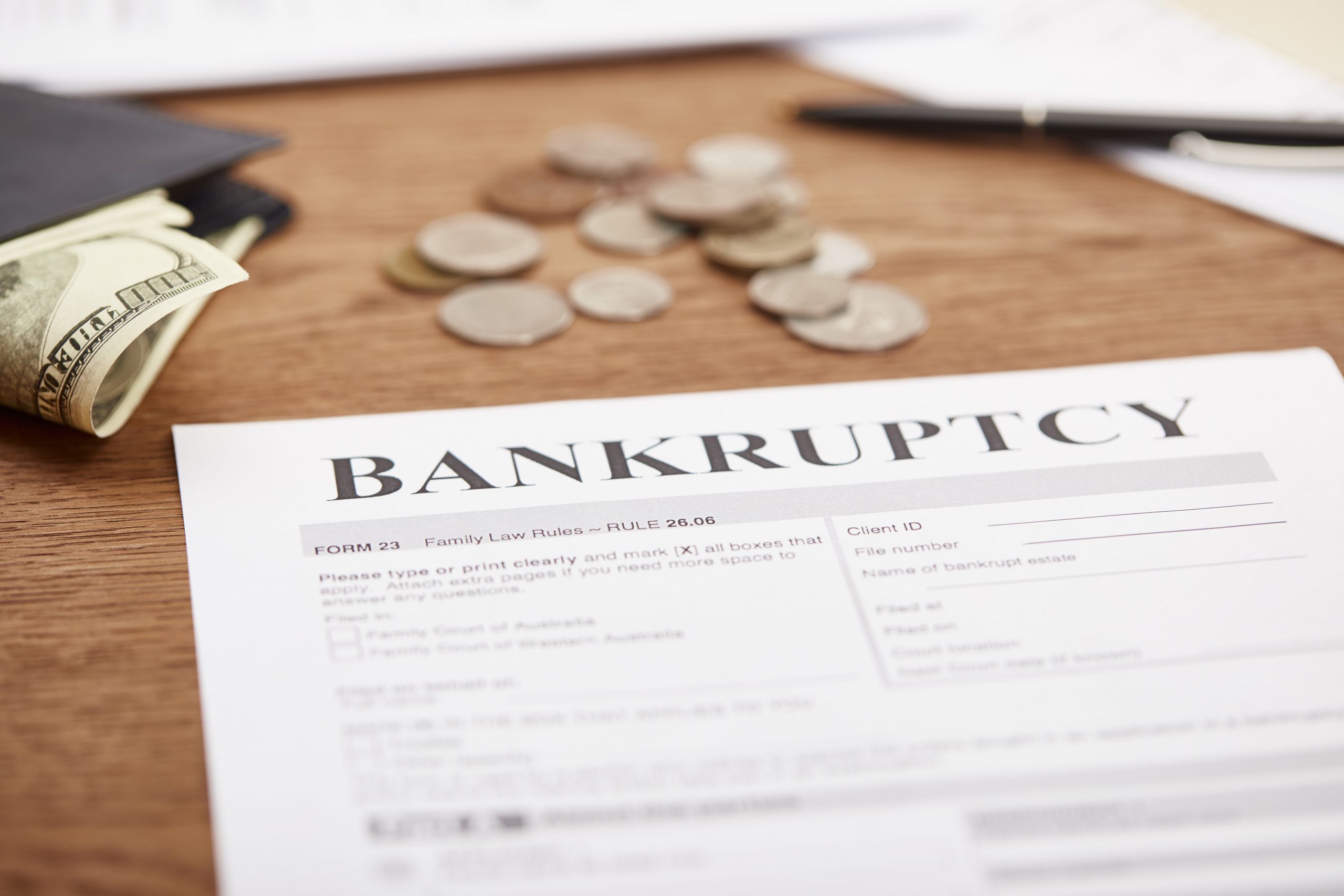
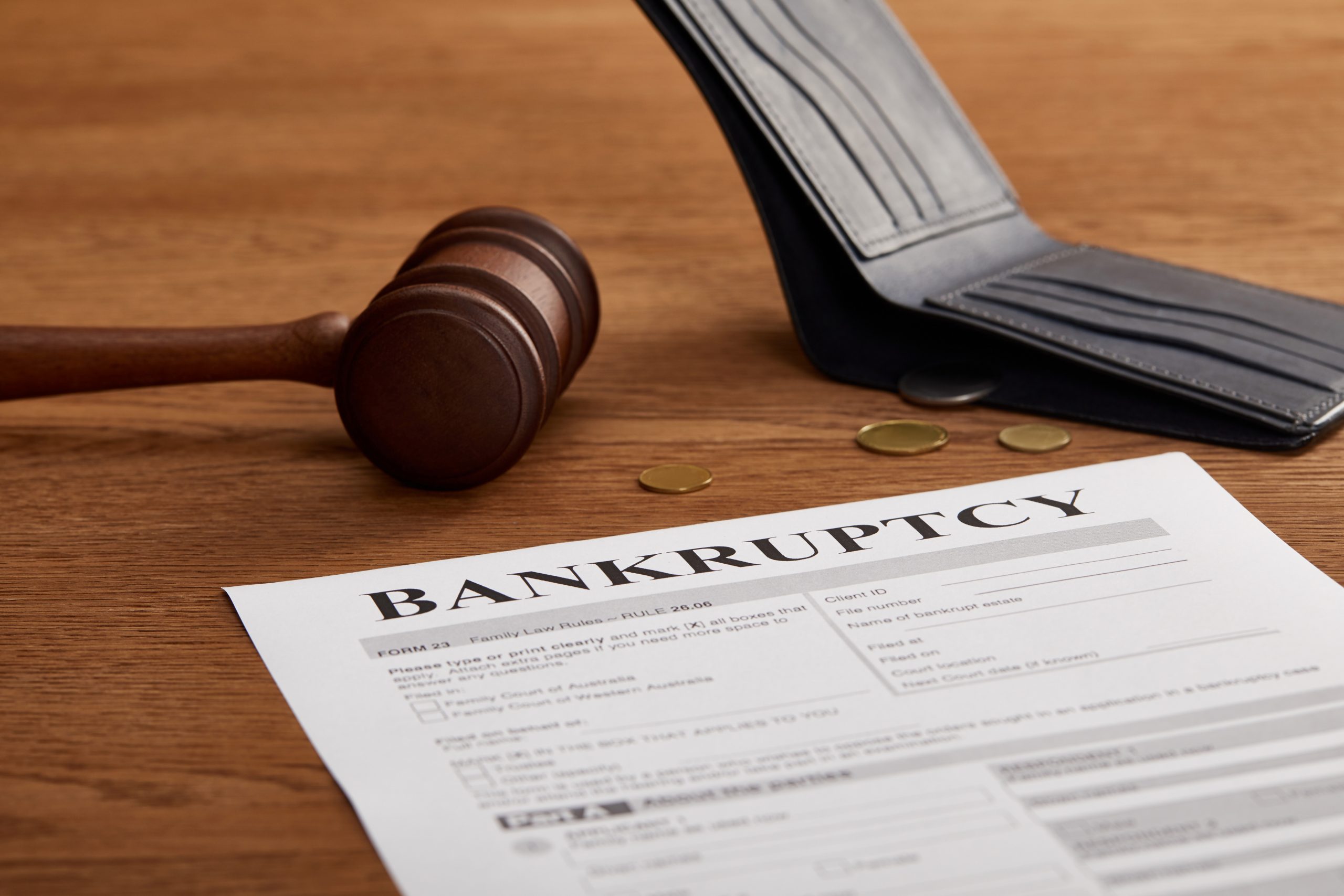
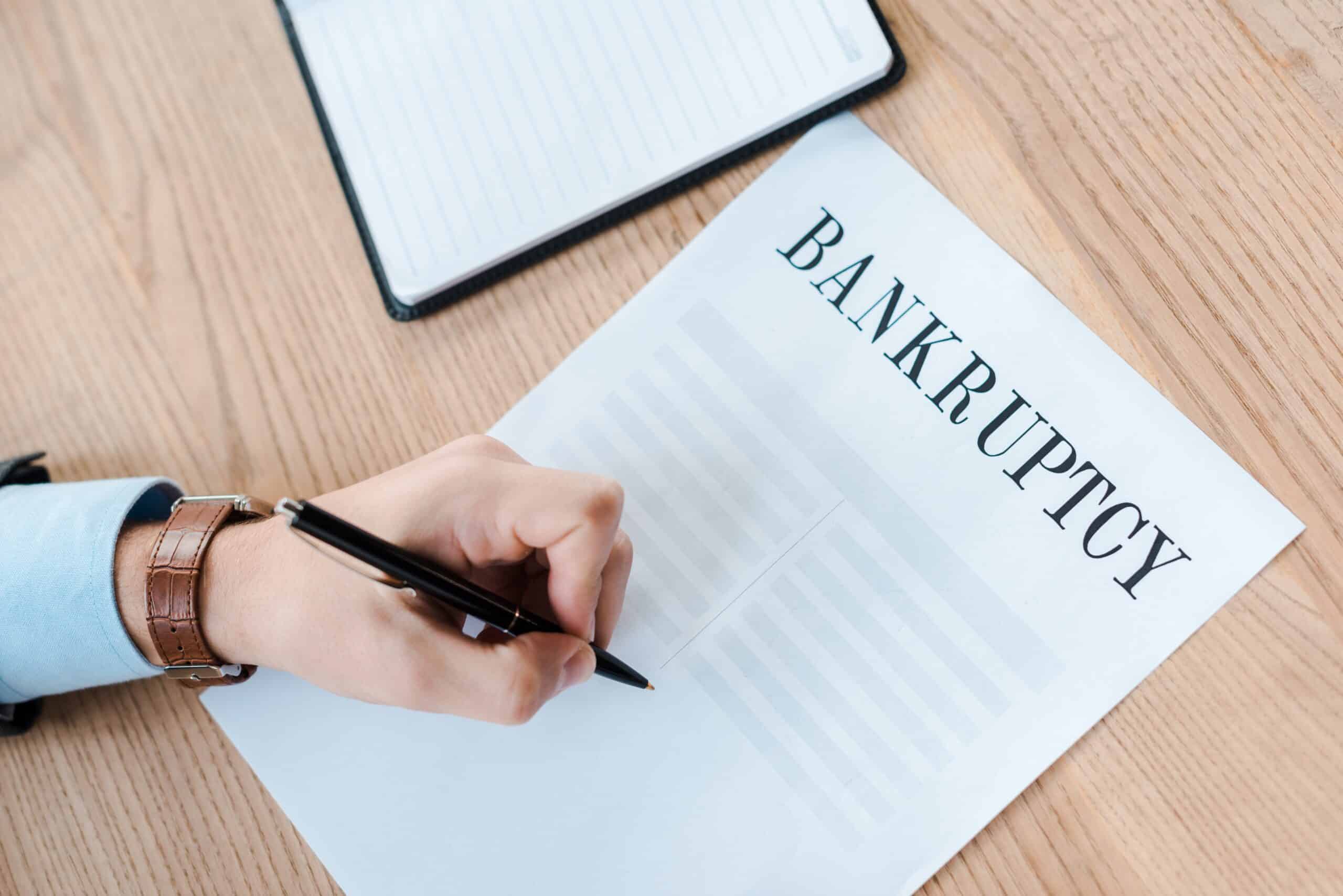

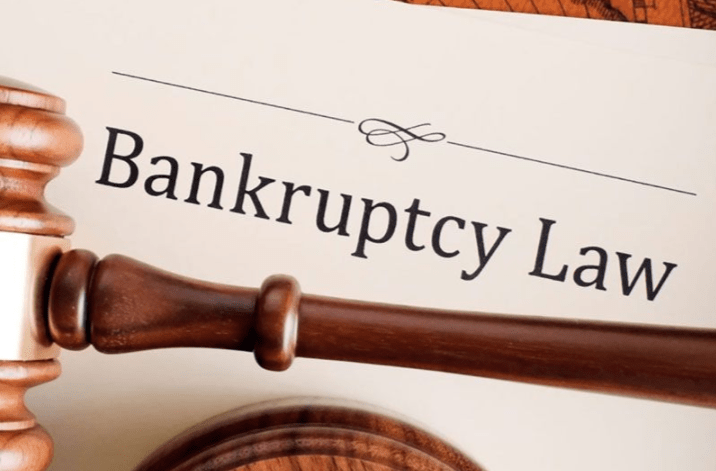




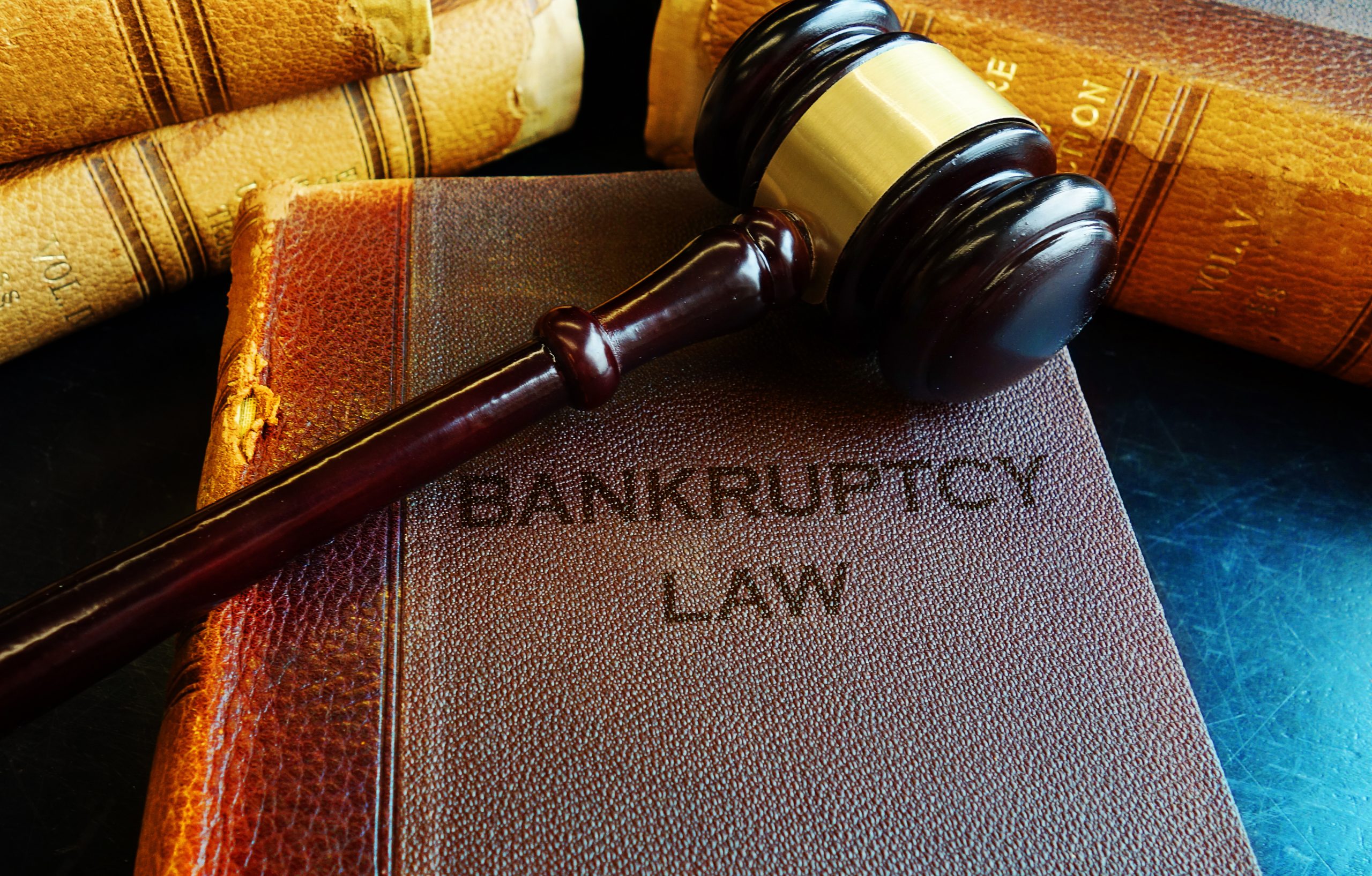
Recent Comments